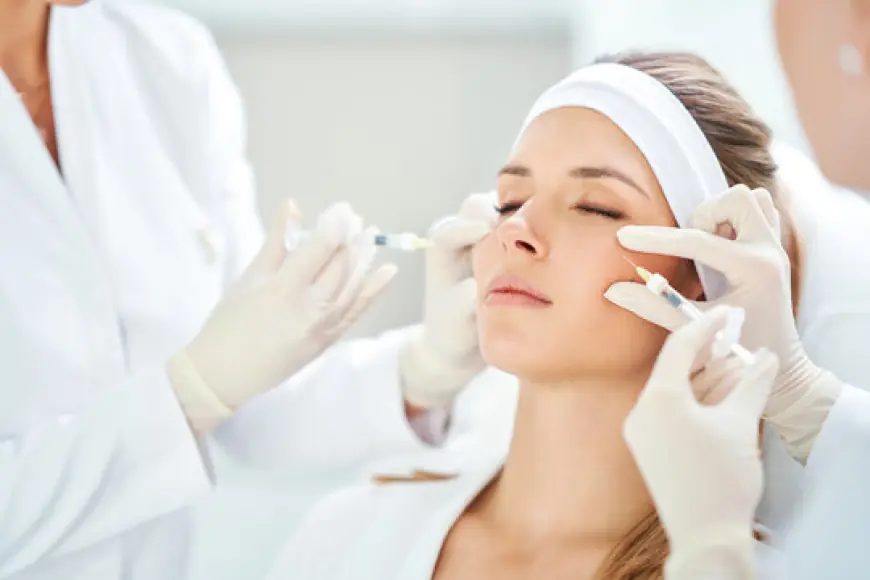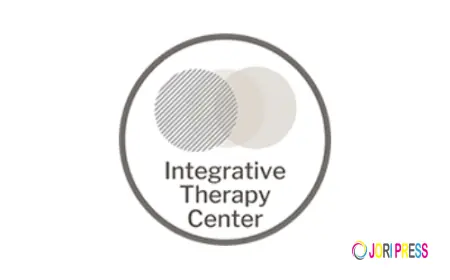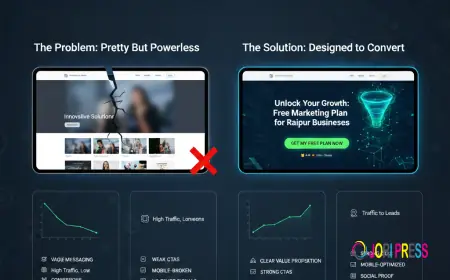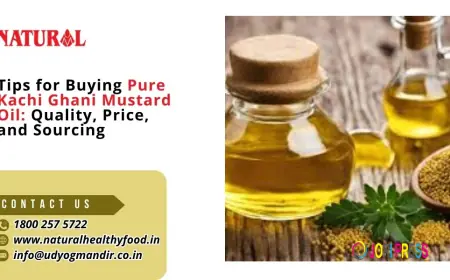Is There Still a Stigma Around Botox in Pakistan?

Once considered a treatment reserved for celebrities and the ultra-wealthy, Botox is now one of the most widely performed cosmetic procedures across the globe. Yet in Pakistan, the conversation around Botox still seems to be shrouded in secrecy and skepticism. While major urban centers like Islamabad are seeing a growing interest in aesthetic treatments, questions still remain: Is Botox socially acceptable in Pakistan? Are people afraid to admit they get it? Is there still a stigma? With the increasing number of clinics such as SKN Cosmetic Clinic offering advanced non-surgical procedures, the dialogue around Botox is slowly beginning to shift. But is society keeping up?
Let’s explore the evolving perception of Botox in Islamabad, what’s fueling the stigma, and whether the cultural narrative is finally changing for the better.
Botox: More Than Just a Wrinkle Treatment
Before we dive into social perceptions, let’s clarify what Botox really is.
Botox is a purified protein derived from Botulinum toxin, used to relax overactive muscles. It’s primarily known for smoothing wrinkles and fine lines on the forehead, around the eyes, and between the brows. However, it’s also used to treat medical conditions such as migraines, excessive sweating, and jaw tension.
The problem? Many people in Pakistan still associate Botox with “fake beauty,” vanity, or unnatural results—all of which are outdated and inaccurate assumptions.
Why Does the Stigma Exist?
There are several layers to the stigma surrounding Botox in Pakistan, and many are deeply rooted in cultural, social, and gender-based expectations.
1. Cultural Conservatism
Pakistan is a society where natural beauty and modesty are heavily emphasized, especially for women. Any form of cosmetic enhancement is often viewed as "changing what God has given", leading to moral judgments and social criticism.
2. Misinformation and Myths
Many still believe Botox is:
-
Unsafe
-
Addictive
-
Only for women over 40
-
Results in frozen or emotionless faces
None of these are true when Botox is administered correctly by a licensed professional. But the lack of awareness only fuels stigma.
3. Media and Celebrity Influence
While international celebrities openly talk about Botox, local influencers and media personalities in Pakistan tend to stay quiet about it. This lack of representation feeds the myth that Botox is “taboo” or only used by those trying to hide their age.
4. Fear of Judgment
Most people fear how friends, family, and peers will react if they find out. This leads to secrecy—even among those who regularly get Botox.
Who’s Getting Botox in Pakistan (But Not Talking About It)?
Interestingly, while there’s a stigma on the surface, the number of people receiving Botox in Pakistan is steadily increasing.
And it’s not just women in their 40s and 50s—there’s a growing trend among:
-
Men looking to soften harsh facial lines or deal with excessive sweating (hyperhidrosis)
-
Young adults in their late 20s and early 30s opting for "preventative Botox"
-
Brides and grooms-to-be seeking a polished appearance before their big day
In cities like Islamabad, Lahore, and Karachi, dermatologists report a significant rise in Botox inquiries and treatments, but many patients request complete confidentiality.
So yes—people are getting it. But most still don’t feel comfortable talking about it.
The Role of Social Media: Double-Edged Sword?
Social media has played a crucial role in normalizing Botox globally, but in Pakistan, its impact is mixed.
On one hand, influencers and beauty bloggers occasionally hint at skin treatments, but few admit to using Botox openly. On the other hand, Instagram filters and flawless selfies continue to raise beauty standards to unattainable levels, subtly pushing more people toward aesthetic treatments—ironically while still feeling ashamed of them.
This contradiction reinforces the idea that it’s okay to look perfect, but not okay to admit how you got there.
Changing the Narrative: Botox as Self-Care, Not Vanity
One way to shift the stigma is by reframing Botox as self-care and personal choice, rather than a desperate attempt to look younger.
Here’s what Botox can actually offer:
-
Boosted self-confidence
-
Better skin texture and smoother facial appearance
-
Relief from chronic headaches or jaw clenching
-
Improved quality of life for those with excessive sweating
Rather than being about vanity, Botox can be about empowerment—helping individuals feel more in control of how they present themselves.
How Botox in Islamabad is Becoming Mainstream
Islamabad is quickly becoming a hub for advanced aesthetic treatments. Clinics are evolving from back-alley cosmetic centers to high-end, internationally-certified practices.
Botox in Islamabad is:
-
Affordable compared to international rates
-
Performed by trained dermatologists
-
Carried out in regulated, clinical environments
-
Often combined with skincare and facial treatments for a holistic approach
The demand is growing not just among socialites or celebrities but among working professionals, entrepreneurs, and even homemakers who want to feel confident in their skin.
Still Hiding It: Why the Silence?
Despite all these advancements, many Botox users in Pakistan still stay quiet. Here's why:
-
Fear of being labeled “fake” or “insecure”
-
Belief that it’s something to be “ashamed” of
-
Worry that others will assume they are trying too hard to look young
-
Concern that Botox implies vanity, not wellness
Until more people begin to share their positive experiences without shame, this silence will continue to fuel the stigma.
Time to Normalize the Conversation
Let’s be real: if someone can wear makeup, dye their hair, or get braces to feel better about their appearance, why is Botox still considered "too much"?
The truth is, modern beauty treatments are evolving, and people deserve the freedom to choose what makes them feel confident—without guilt or judgment. As knowledge spreads and more people understand what Botox actually does, perceptions are slowly changing.
In fact, the stigma around Botox in Pakistan is not as strong as it was five or ten years ago. Younger generations, especially in urban areas, are much more open to cosmetic procedures as part of wellness and maintenance.
Final Thoughts
While there’s still some cultural resistance, the stigma around Botox in Pakistan is slowly fading, especially in cities like Islamabad where cosmetic awareness and accessibility are on the rise. With more education, transparency, and real conversations, Botox is being seen for what it truly is—a personal choice, not a social crime.
If you’re considering Botox and want to do it the right way, SKN Cosmetic Clinic in Islamabad offers expert guidance, licensed dermatologists, and world-class aesthetic services. Whether you're looking to smooth fine lines or explore other skin benefits, their team ensures safe, personalized care every step of the way.
What's Your Reaction?
 Like
0
Like
0
 Dislike
0
Dislike
0
 Love
0
Love
0
 Funny
0
Funny
0
 Angry
0
Angry
0
 Sad
0
Sad
0
 Wow
0
Wow
0


















































